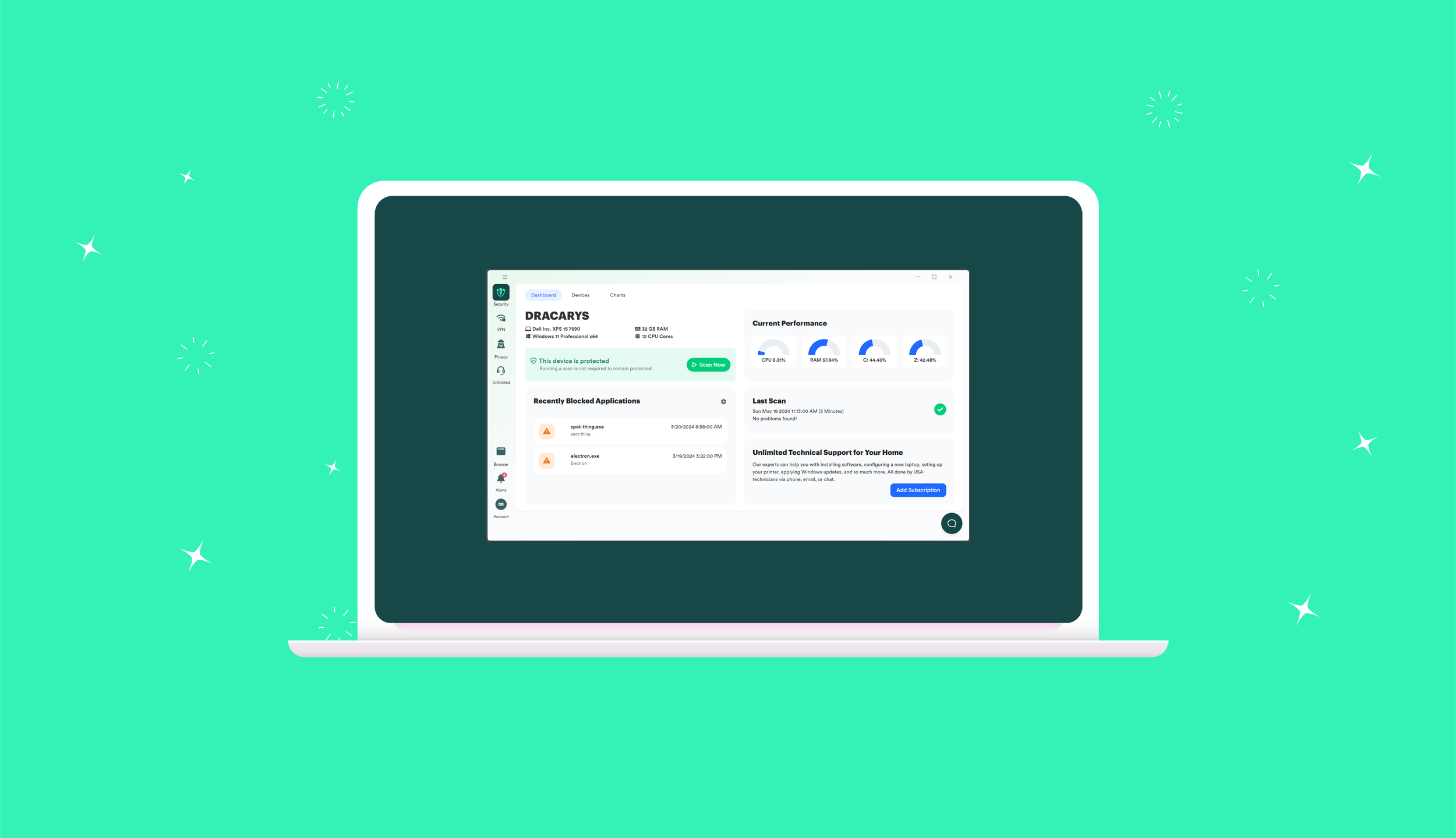It’s The Most Wonderful Time of The Year (for Retailers)
This year has certainly been interesting. As we near the end, we also get closer to a time honored American tradition; holiday shopping. I’m not sure about you, but I’ve already begun receiving Black Friday shopping campaigns.
Personally, I gave up Black Friday shopping a few years ago. When the tradition went from early morning on the day after Thanksgiving to the actual day, I stopped participating. I wasn’t interested in fighting people in a store over a new video game (I watched a guy punch out another guy in a Walmart over an Xbox game, no joke.) I also wasn’t interested in having people work on a holiday that all Americans should be celebrating with their families.
But then came Cyber Monday. Cyber Monday is a glorious addition to our holiday weekend of consumerism. You can eat leftover turkey in your pajamas at 10am while scrolling through the different kind of tech a 6th grader will love. (This may or may not be a true story, and I refuse to be judged for it.)
This year, however, I have a sneaky suspicion more Americans will be online than in stores. Retailers are thinking that too. They know our in person participation is down while our online experiences are up. Cyber Monday is most likely going to be the entire weekend.
But, as we’ve seen, as our online presences increase, so does the prevalence of cyber crime. So what are you supposed to do to keep your data safe?
The Private Payment Services
We’ve been living in the world of PayPal for years now. It’s a great service. Their secure servers keep your payment information safe from the websites where you’re shopping. It’s revolutionized the way we pay for things online. PayPal, however, fell behind.
While PayPal now offers a 4 installment payment plan, they were late to the party. Other services have emerged to fill the gap that PayPal was slow to close. The split payment game has blown way open.
Perhaps you’ve noticed monthly payments on Amazon. If you’re looking to buy certain things there may be an option to split your payments into 5 installments. This is reminiscent of the layaway plans of the 80s and 90s just in reverse. But Amazon isn’t the only company offering this idea.
The two big companies I’ve seen emerge are Afterpay and Klarna. Both of these allow you to shop anywhere (not an option with PayPal and Amazon) while also splitting your payments into more manageable chunks.
Afterpay
So, in the interest of research, I used both of these services for you. Let’s start by looking at Afterpay.
Afterpay is becoming increasingly prevalent on websites. This site allows retailers to offer you the option to pay in installments. Like it’s predecessor, PayPal, Afterpay requires you to create an account and enter your payment information. They then allow you to check out with Afterpay on any site that partners with them. They also have a directory of retailers you can choose from.
After you’ve made your purchase, Afterpay will take the first of four installments. Every two weeks afterward, Afterpay will charge your payment method another fourth of your total until you’ve paid the entire amount off. Unlike credit cards, Afterpay doesn’t charge you interest. In fact, they make their money off the retailers they partner with. So the burden of their profit doesn’t fall on you.
While the Afterpay service doesn’t necessarily run on your credit score, it also doesn’t always approve your purchases. There is still a chance you can be denied the ability to purchase. I can say, however, that people I know with not so stellar credit have still been able to use the service. If that’s a concern for you, you may not need to worry.
Klarna
The next service I tried was Klarna. While the premise is the same, create an account with payment information and split the payments into 4 manageable installments, the execution is different. Unlike PayPal, Amazon, or Afterpay, Klarna lets you shop anywhere. The service creates a “ghost card” that is then used in the payment information.
A ghost card is a credit card number created for a 24 hour period to allow you to shop without giving out your payment information. This is personally my favorite service. While it can be a little confusing to execute, it gives you way more options online. Like Afterpay, Klarna doesn’t give you unlimited spending. They do cap individual purchases after a certain dollar amount.
The wishlist feature in Klarna is also handy. They let you build a list of items you may want, and they keep an eye on the prices for you. If you want, Klarna will alert you if the price of the item drops. This gives you the option to shop around to find the best prices.
Security
What all of these services boil down to, however, is security. These services provide an additional layer by guarding your actual payment information. Considering AI-powered trusted identity provider Jumio reported that identity theft increased 28% last year, before the pandemic hit and forced us all online, we need to expect it’ll only increase this year.
There are quite a few ways to protect yourself online, and we’ll be covering them throughout the rest of the month, but one you should consider is a private payment service. It’s up to you to decide which one works best for you. In the end, we have a variety of needs and each of these services meets those needs differently. What’s most important is that you’re staying safe online.
If you decide to use one of these services, let us know on our socials how you like them. Also, let us know what other ways you’re staying safe while online shopping this holiday season. As always, stay safe out there.
Photo by rupixen.com on Unsplash



